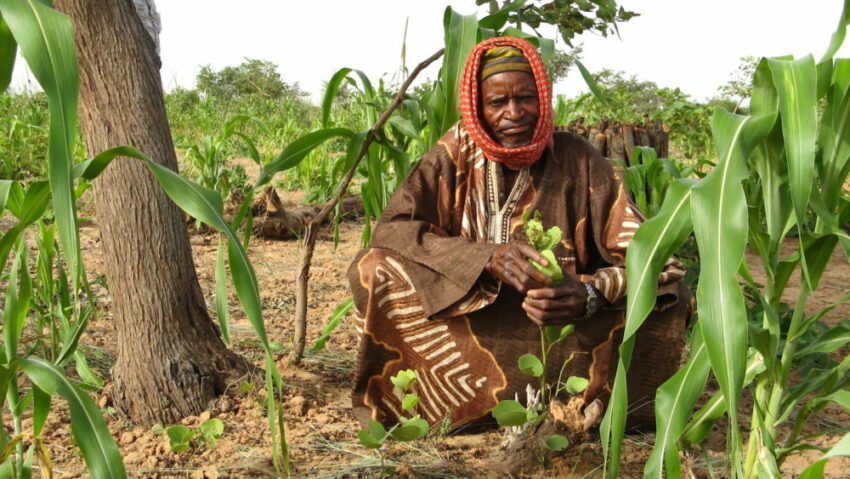A few stories for your reading pleasure this week, from the U.S. to Senegal to Papua New Guinea. Check out how local communities are rethinking building design, tree cover on small farms, and financial expertise, and imagine those initiatives scaling globally. Let us know how you might relate to these stories and what you’d add to the list!
Affordable housing project models climate resilience, food security in San Francisco
The Mission Economic Development Agency and other community-based organizations are working to provide more climate-friendly affordable housing in San Francisco. One project provides 143 units with ground floor services for families including art and childcare, as well as a rooftop garden with solar hot water panels. The design also incorporates climate resilience features in preparation for earthquakes, flooding, and wildfires, such as the ground floor being above the floodplain and the open areas having several large stormwater planters.
Mapping tools reveal widespread farmer-managed natural regeneration across Africa
Satellite data analyzed by AI and a growing body of on-the-ground studies show a dramatic increase in tree cover on small farms across Africa. Millions of smallholder farmers from Senegal to Ethiopia to Malawi are rejecting government advice that trees should be expunged from crop fields, instead allowing previously suppressed trees to regenerate on their land through farmer-managed natural regeneration (FMNR). This is resulting in improved soil fertility and crop yields, productive fruit harvests, and a boost for carbon storage.
Training network helps secure climate finance in small island nations
The Climate Finance Access Network (coordinated by Rocky Mountain Institute) launched their first cohort of locally trained advisors from eight island nations across the Pacific to help them navigate the complex, bureaucratic system of climate finance. Starting in 2022, the cohort achieved US$67 million in submitted project proposals, with a total of US$364 million under development. One project that was approved for funding this spring will support 87,000 people through climate-smart agriculture in Papua New Guinea. Additional projects proposed include improving water security in Tuvalu and implementing forest remote sensing in the Solomon Islands.
Welcome to the Sunflower community

